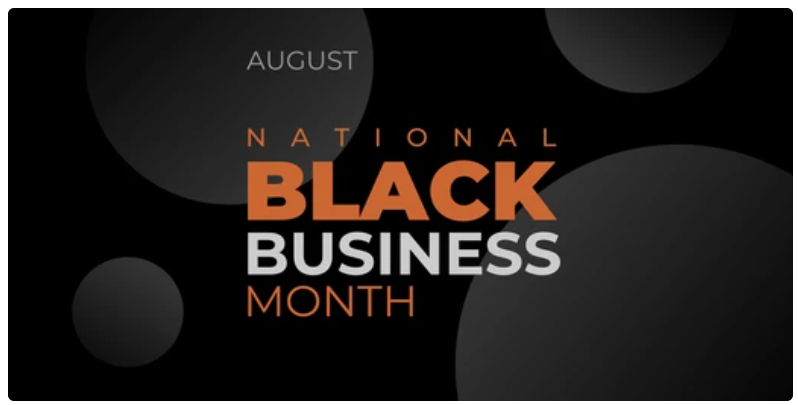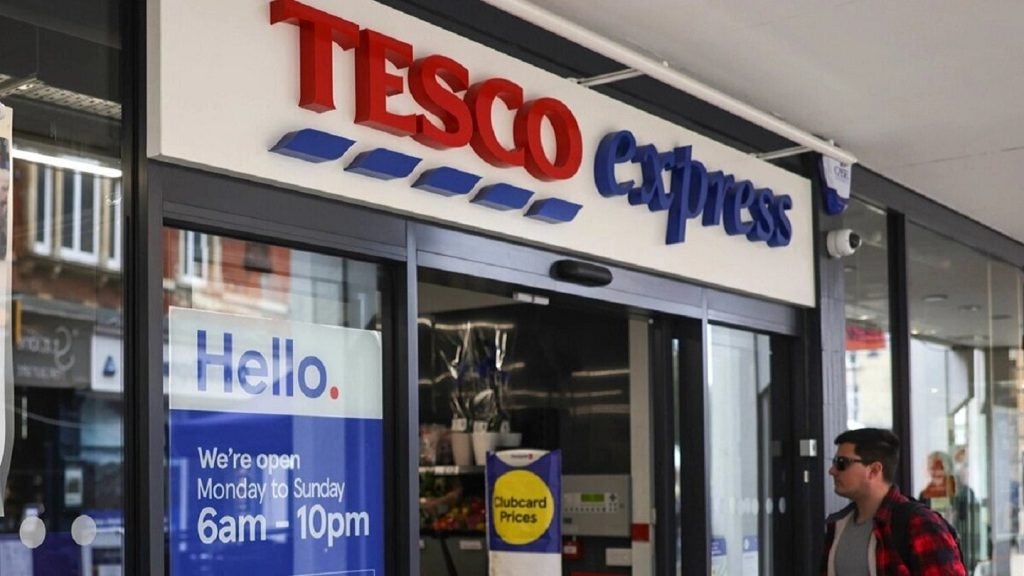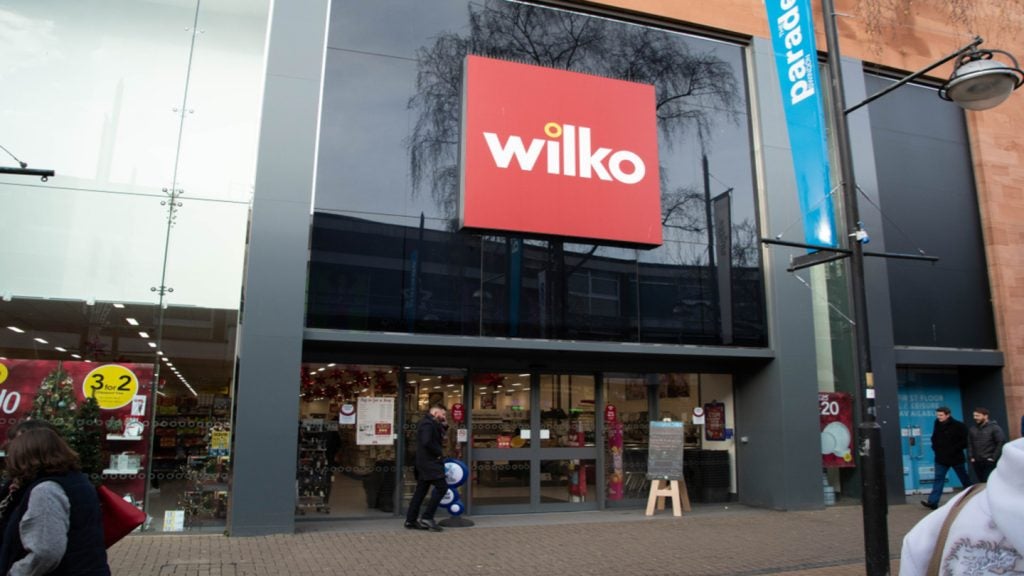Several major retailers and brands have contributed a total of $14bn in revenue to Black-owned businesses since May 2020 as part of their commitment to the non-profit organisation Fifteen Percent Pledge.
This organisation urges companies to allocate 15% of their shelf space to Black-owned brands, in alignment with the 15% representation of the Black community in the US population.
Partnership with Fifteen Percent Pledge spurs change
The Fifteen Percent Pledge is a non-profit organisation operating in the US. Its mission is to inspire retailers to commit to dedicating a minimum of 15% of their shelf space to Black-owned businesses.
In the last three years, prominent names such as Nordstrom, Macy's, Sephora and Ulta Beauty, along with 25 other companies, have joined forces with Fifteen Percent Pledge.
Before joining, many of these companies had less than 3% of their shelf space dedicated to Black-owned brands. However, after committing to the pledge, all partners are now committed to achieving the 15% shelf space goal through a decade-long agreement.
LaToya Williams Belfort, the executive director of Fifteen Percent Pledge, expressed the importance of fostering inclusivity and allowing Black entrepreneurs to build generational wealth.
The organisation has set an ambitious target of generating $1.4trn in wealth for Black entrepreneurs by the year 2030.
Positive impact on Black-owned businesses
More than 625 Black-owned businesses have formed partnerships with the large corporations that have embraced the Fifteen Percent Pledge.
One such business, '54 Thrones,' a luxury beauty brand inspired by African culture, experienced exponential growth after its collaboration with Nordstrom in 2020.
The increased exposure resulting from the pledge led to remarkable sales growth, propelling the brand into retail giants such as Sephora and Nordstrom.
Nordstrom, in particular, has shown its dedication by launching initiatives such as the Black Business Month programme. This included a "Buy Black" pop-up market that spotlighted Black-owned brands, resulting in $14m in sales from such brands within a single month.
Nordstrom's continued efforts to promote diversity involve a new multi-city project aimed at generating $500m in retail sales from Black and Latinx-owned brands by 2025.
Navigating challenges in DEI initiatives
While the business world has embraced diversity, equity and inclusion (DEI) goals, there have been challenges and pushback from various quarters.
Some conservative groups have filed lawsuits against companies with progressive policies, aiming to restrict their DEI initiatives.
Despite this pushback, entrepreneurs such as Christina Tegbe remain hopeful that consumers support products from diverse founders and that companies will stand by their commitment to inclusivity.
Economic data supports initiative
The executive director of Fifteen Percent Pledge, Williams Belfort, emphasised that the initiative's success is backed by data.
The data indicates that providing opportunities for Black entrepreneurs, driving revenue for retailers and fostering a more robust economy benefits everyone involved.
The initiative's positive impact on revenue and representation showcases the potential of such collaborations to address economic disparities.












